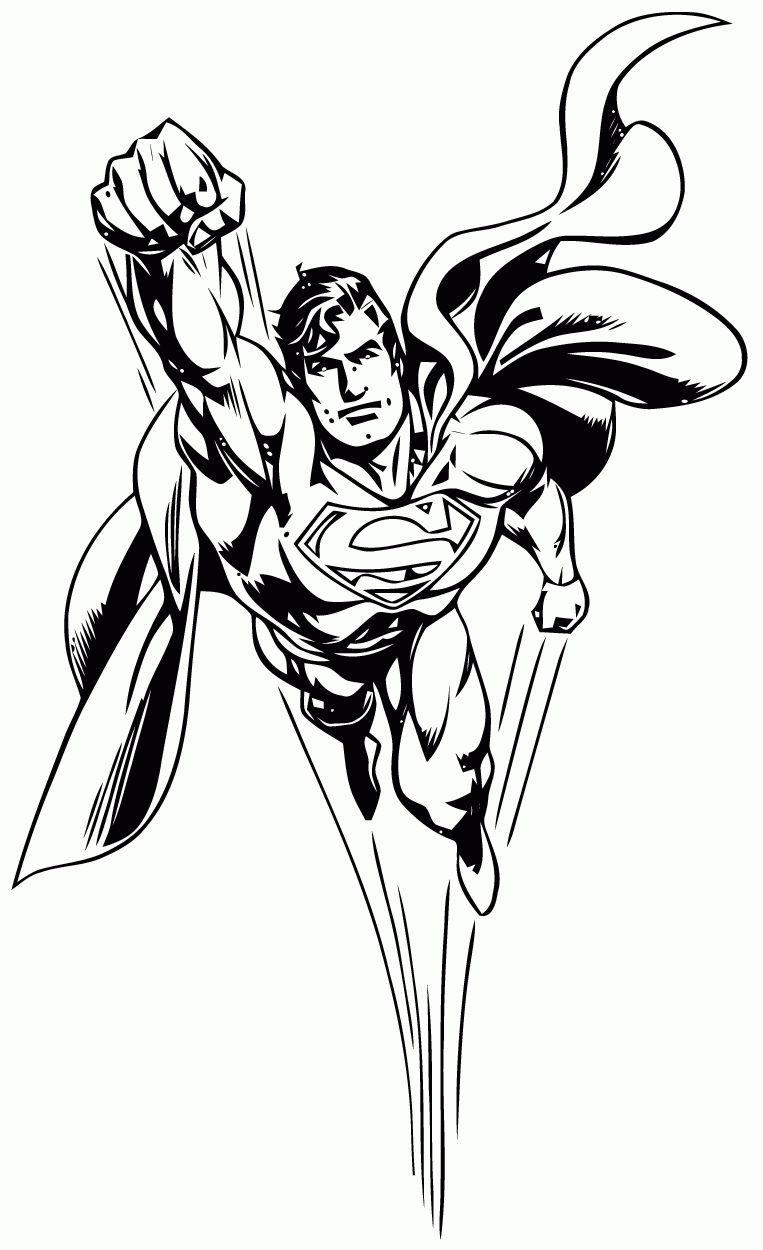The Washington Examiner
The meaning of THE is used as a function word to indicate that a following noun or noun equivalent is definite or has been previously specified by context or by circumstance How to use the in a sentence When we say what people's jobs are, we usually use a / an. He's an architect. She's a scientist. My grandmother was a teacher. Singular, countable nouns always have an article – a / an or …

Jul 16 2025 nbsp 0183 32 What is the Definite Article THE When to Use THE The article covers key information about the definite article THE including its rules and proper usage You will learn when to use the to refer to a specific noun such as the man or the dog This knowledge will help make your sentences clearer and improve your fluency in English You're the fifth person to ask me that question. used to say that the particular person or thing being mentioned is the best, most famous, etc. In this use, "the" is usually given strong …

The Washington Examiner
It is used at the beginning of noun groups The is usually pronounced 240 before a consonant and 240 i before a vowel but pronounced 240 i when you are emphasizing it You use the at the beginning of noun groups to refer to someone or something that you have already mentioned or Login digital edition the washington examiner. Ashley oliver washington examinerVia the washington examiner trump musk government efficiency.

The Washington Examiner Print Magazine One Year Print Etsy
The Washington Examiner Magazine Hires New Editors 01 02 2019
Sep 14 2023 nbsp 0183 32 We use the to talk about specific things Usually this means the person you are talking to will know exactly what noun or object you are referring to The might be small but knowing when to use it can be a big problem for English learners 1. used preceding a noun that has been previously specified: the pain should disappear soon; the man then opened the door.
He bought a house but this is not the house he bought This is the restaurant I was telling you about I ll take the red one We talked on the telephone for an hour Turn on the television She opened the windows You need to go to the doctor He said he put the letter in the mail yesterday My suit is still at the dry cleaner First recorded before 900; Middle English; Old English thē, thȳ, instrumental case of demonstrative pronoun; that, lest.
